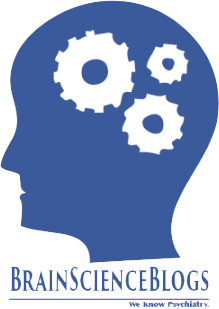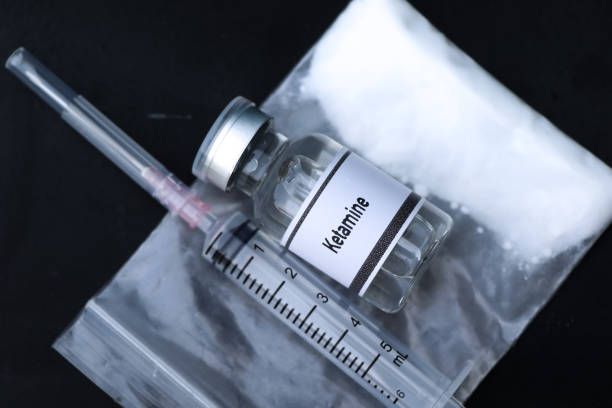MIAMI — The combination of an esketamine nasal spray and an oral antidepressant may provide additional benefits for patients with treatment-resistant major depressive disorder, new research suggested.
Two posters at a meeting of the American Society of Clinical Psychopharmacology, formerly known as the New Clinical Drug Evaluation Unit meeting, presented data, here, from two phase 3 studies on the safety and efficacy of an esketamine nasal spray plus oral antidepressant in patients with treatment-resistant depression.
The first study – a double-blind, randomized withdrawal study – enrolled 705 patients with recurrent or single episode major depressive disorder who were either enrolled directly or after completing the double-blind phase of an acute, short-term study.
Patients began with a 16-week induction phase of esketamine nasal spray and oral antidepressant, then patients were randomized either to a placebo nasal spray or esketamine.
Researchers saw a significantly higher rate of relapse among patients randomized to the placebo nasal spray, compared with those randomized to the esketamine nasal spray. In patients classified as stable remitters at the start of the maintenance period, 26.7% of those who received the esketamine nasal spray experienced a relapse, compared with 45.3% of those who received the placebo nasal spray.
Among the stable responders, 25.8% of those who received esketamine experienced a relapse, compared with 57.6% of those who received the placebo nasal spray.
This represented a 51% lower risk of relapse with esketamine among stable remitters and a 70% lower risk of relapse among stable responders, compared with placebo. Treatment with esketamine also significantly delayed relapse, compared with placebo.
Five serious adverse events – anxiety, delusion, delirium, suicidal ideation, and suicidal attempt – were judged by the investigator to be related to the esketamine.
Researchers also saw no declines in performance on multiple cognitive domains, including visual learning and memory, across the entire study.
“The adverse event profile following an up to 1 year of exposure was consistent with previous observations of esketamine in the completed short-term phase 2 and 3 studies, and no unexpected safety findings were reported,” wrote Ewa Wajs, MD, also with Janssen, and coauthors.
Both studies were funded by Janssen Research & Development. Of the authors in the first study, 12 were employees of Janssen, and 10 declared funding from the pharmaceutical industry, including Janssen. Of the authors in the second study, 11 were employees of Janssen, and four declared a range of funding from the pharmaceutical industry.
FROM: Daly EJ et al. ASCP 2018, Poster W68. Wajs E et al. ASCP 2018, Poster T67.




Leave A Comment